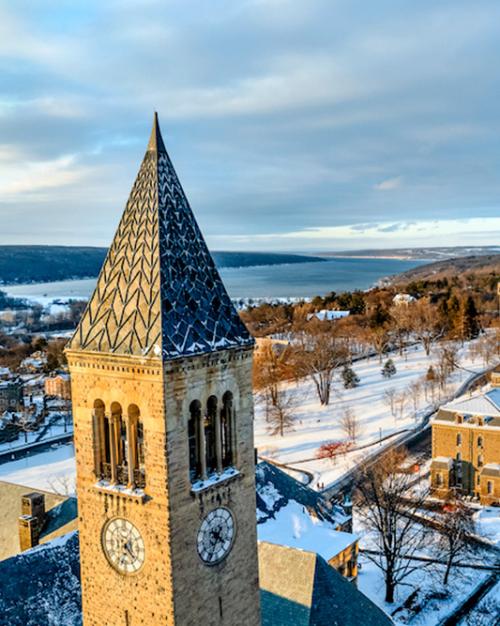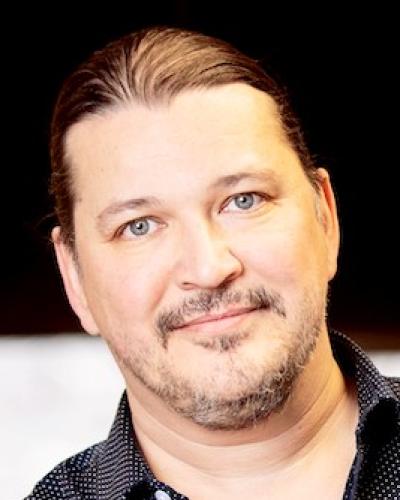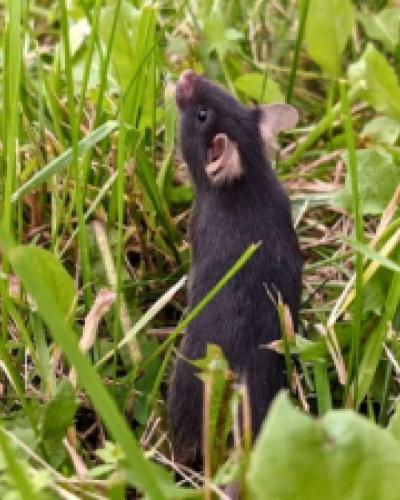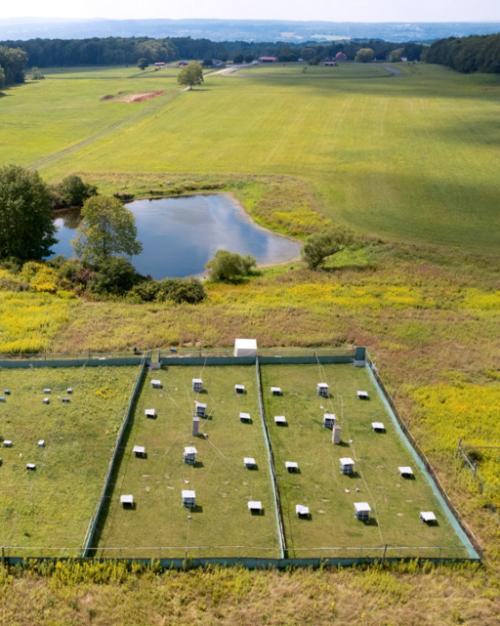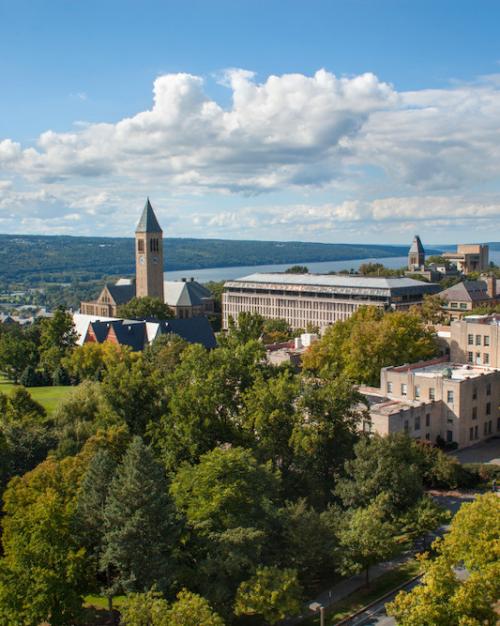Eighty-four students have been selected as National Science Foundation Graduate Research Fellowship Program (NSF GRFP) fellows in 2023, comprising the largest group of new fellows Cornell has ever fielded in one year.
NSF offers approximately 2,000 fellowships per year to research-based master’s and doctoral students pursuing study in NSF-supported science, technology, engineering, and math disciplines at accredited institutions with a campus located in the U.S., its territories, possessions, or the Commonwealth of Puerto Rico.
“This is a very exciting, record-setting year for Cornell,” said Holly Boulia, director of fellowships. “We are so proud of and excited for all of our new NSF GRFP fellows.”
As part of the five-year fellowship, students receive three years of financial support, including an annual stipend of $37,000, and access to professional development opportunities. Fellows’ institutions receive a cost of education allowance of $12,000. In total, the 84 new fellowships will bring in over $12 million in federal fellowship dollars to the university to help support these students over the next few years.
“Being awarded the NSF GRFP was a huge honor, and I am incredibly grateful to the NSF for sponsoring graduate students nationwide,” said Megan Driscoll, a doctoral student in chemistry and chemical biology. “This fellowship opens up connections and opportunities I would not have thought possible in my undergraduate studies.”
With their grants, students are eager to work on their research without having assistantship or other obligations.
“The GRF gives me an ideal opportunity to dive right into conducting research here at Cornell,” said Arvid Samuelson, a human development doctoral student. “I’m excited to be able to spend more time in the lab with our terrific research assistants as well!”
Daniel Molitor, a doctoral student in information science, appreciates not only that the fellowship will allow for research not tied to specific funding, but that it enables the reallocation of previously secured funding.
“[The grant] shifts some of the funding responsibility from my lab onto the grant, which frees up lab funds for other important needs, such as funding new students and research projects,” he said.
For Faith Twinamaani, a combined master’s/doctoral student in horticulture, the fellowship application itself was a useful exercise in designing and proposing research ideas.
“As stressful as it was to apply for,” she said, “I learned a lot of lessons about myself as a scientist that I will take with me as I start my graduate education.”
The 84 new fellows join a community of nearly 250 Cornell fellows.
“Getting this fellowship makes me proud of the obstacles overcome and where I am headed with my career,” said Brayan Vilanova Cuevas, microbiology doctoral student.
Students interested in applying for the NSF GRFP are invited to attend upcoming Graduate School workshops designed to help them prepare their applications:
- An overview session webinar on September 8 from 10-11 a.m.
- Two in-person review sessions in 102 Mann Library, which require that students sign up in advance:
- September 20 from 3-5 p.m.
- September 25 from 10 a.m.-12 p.m.
“I’m delighted by how many of our students were successful in securing these prestigious fellowships this year,” said Associate Dean for Academics Josephine Martell. “For students applying next year, I’m glad to offer these workshops to help them learn from successful applicants and create competitive proposals.”
Read the story on the Cornell University Graduate School website.

